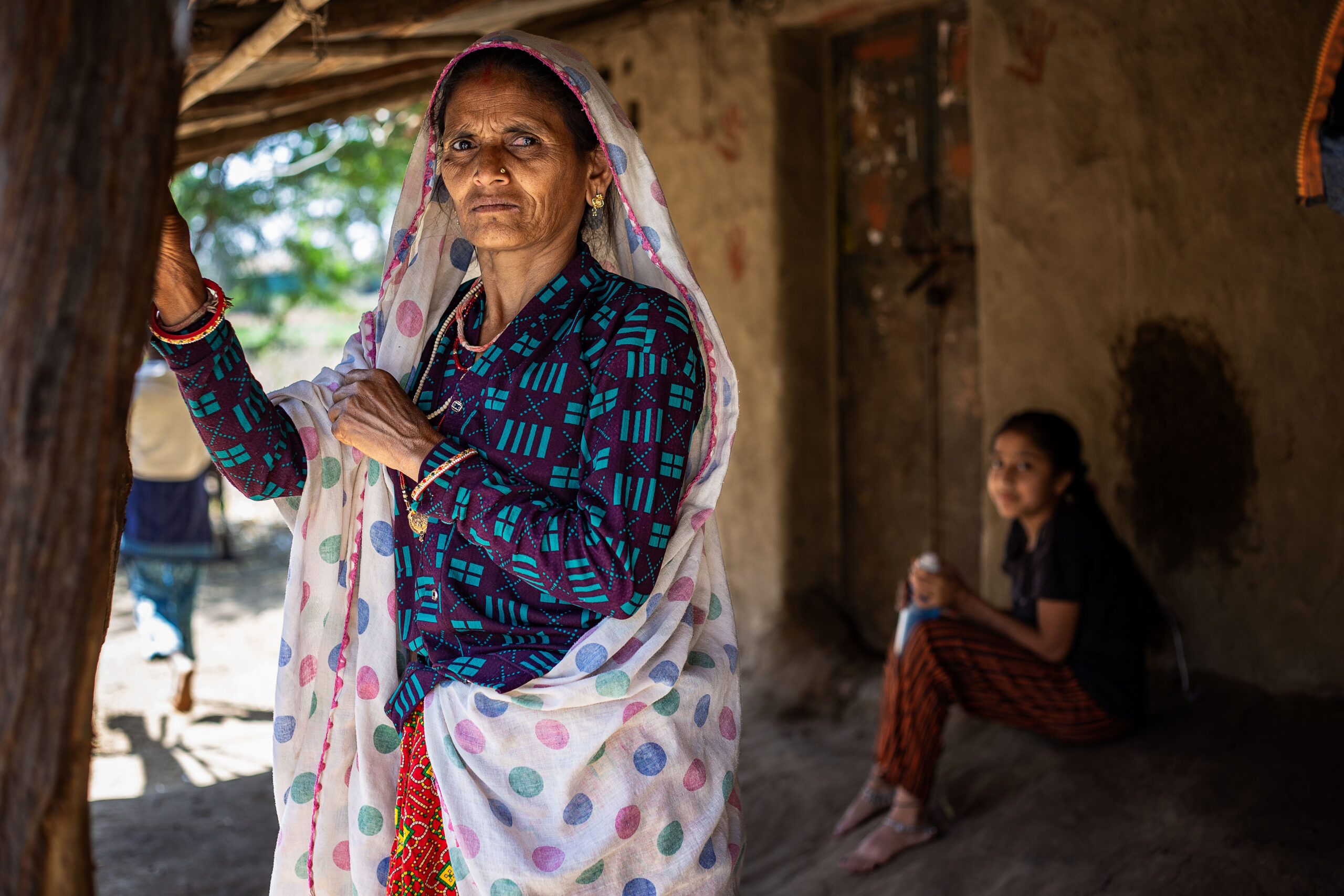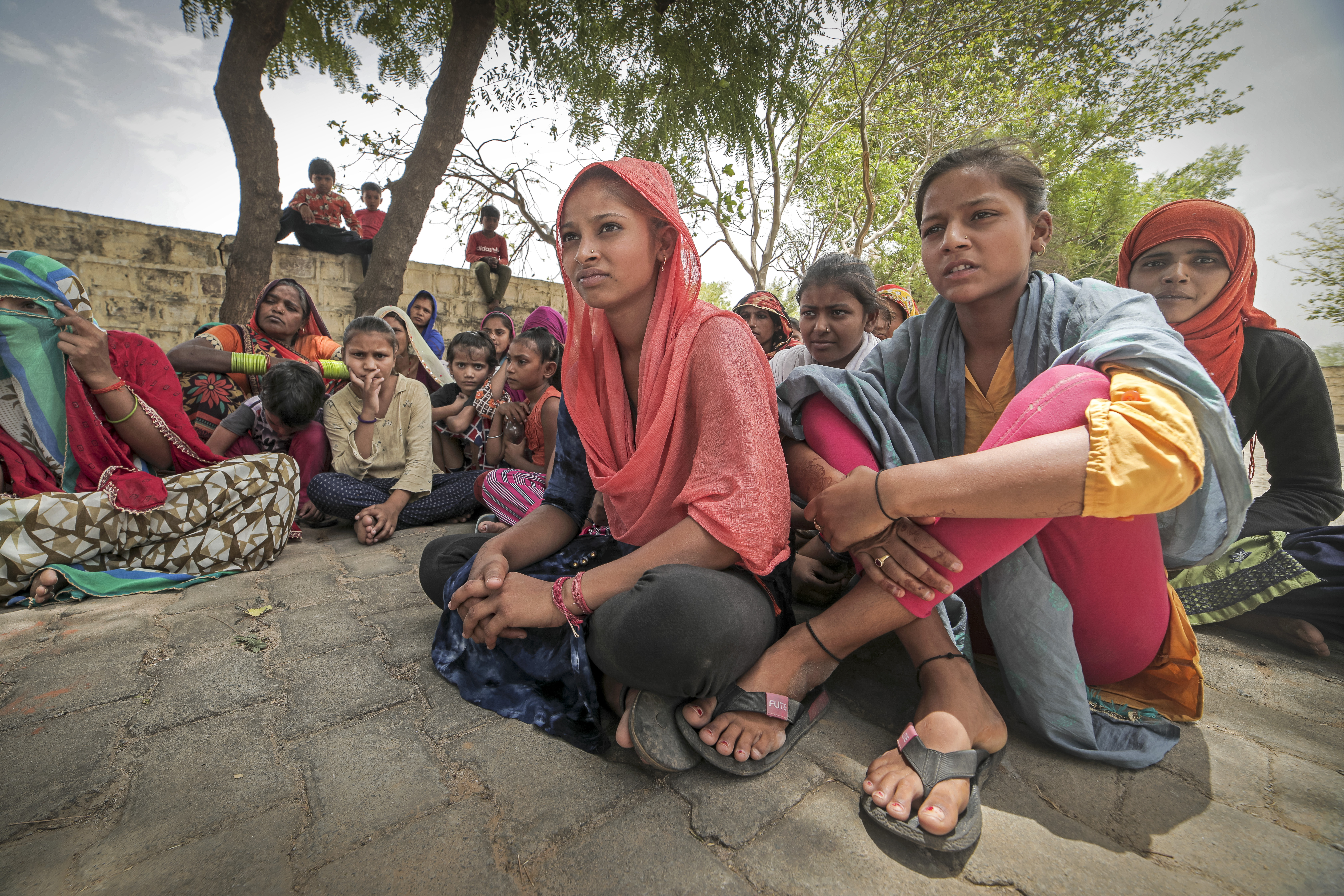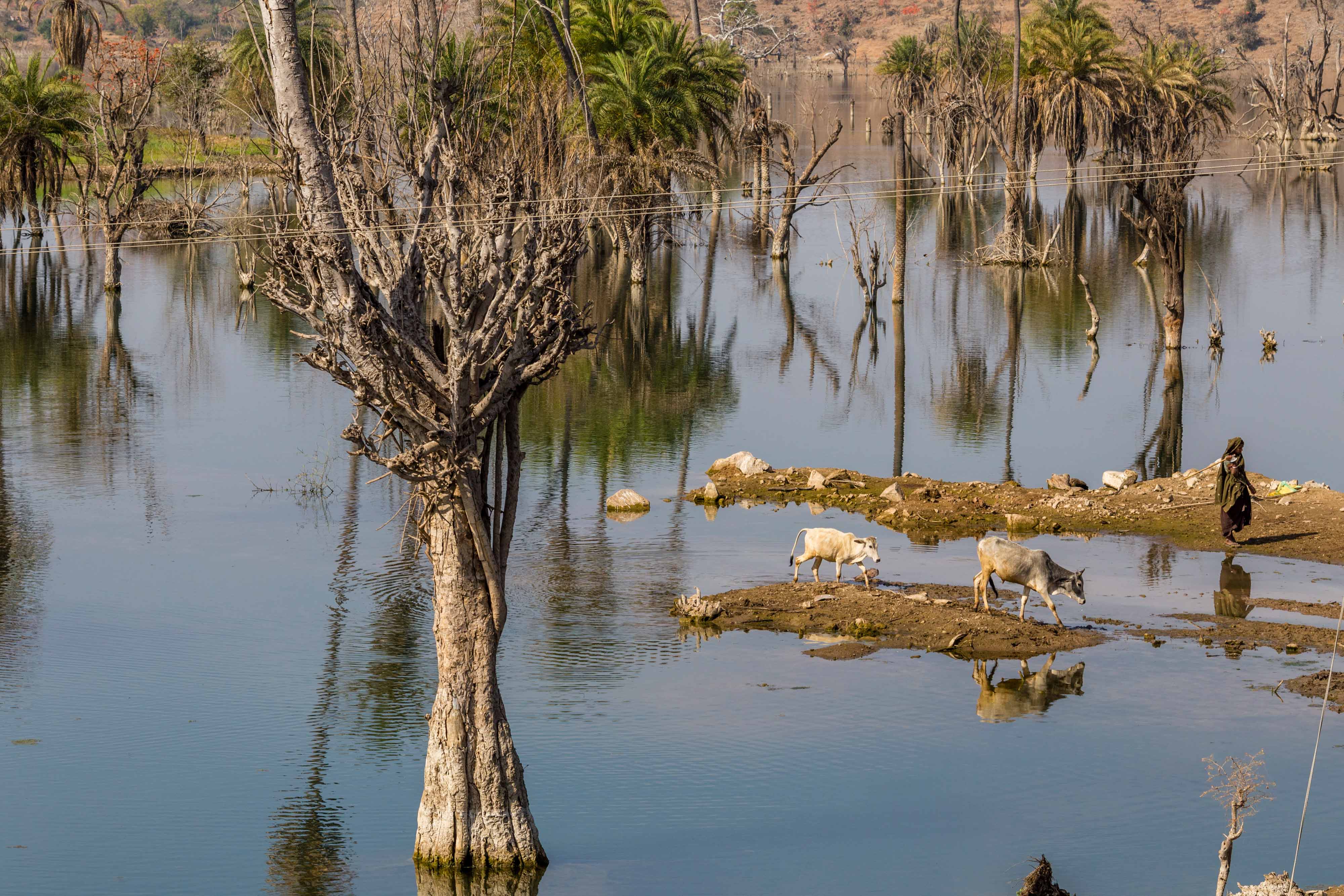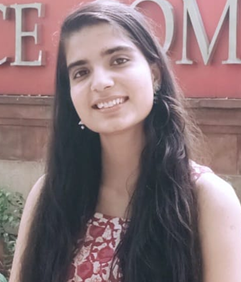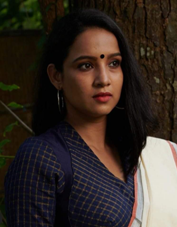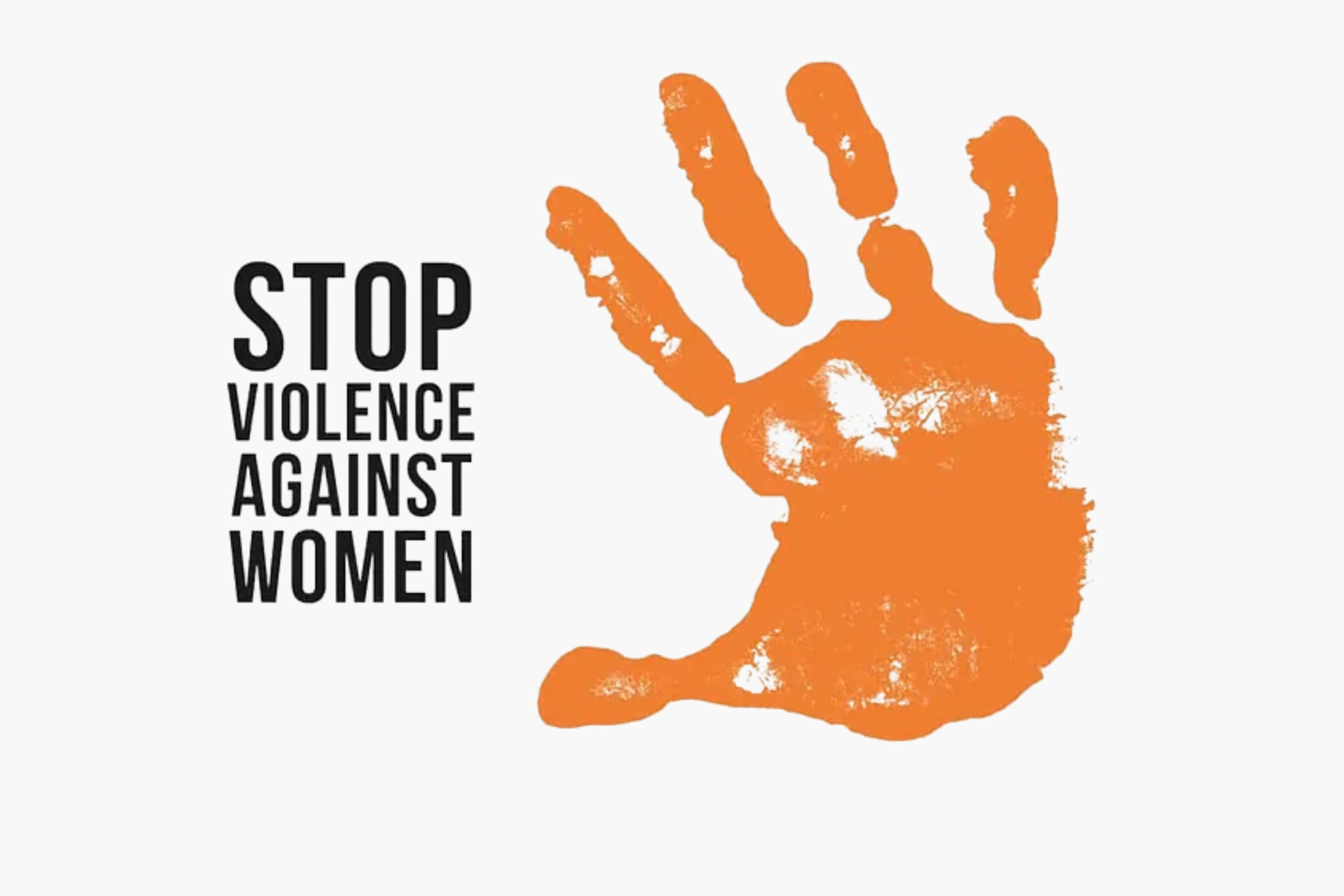
16 Days of Activism against Gender-Based Violence: Changing the Status quo
Every 11 minutes, a woman or a girl is killed by an intimate partner or a family member, said United Nations Chief Antonio Guterres on 22 November 2022, calling Violence against women the most pervasive human rights violation in the world. Women and girls in India are disproportionately affected by Gender-Based Violence (GBV), and it has increased epidemically in the last decade. As per National Crime Records Bureau, a crime is recorded against women every three minutes. Every hour, at least two women are sexually assaulted, and every six hours, a young married woman is beaten to death, burnt, or driven to suicide.
A call for action, International Day for the Elimination of Violence against Women, is observed on November 25, which marks the launch of 16 Days of Activism against Gender-Based Violence, concluding on the day commemorating International Human Rights Day on December 10. The theme for 16 Days of Activism this year is ending femicides again.
Women in India are not safe in private or public spaces. With a surge of national-level campaigns against GBV in India, the action on education, awareness, and advocacy has escalated significantly. However, the rate of crime against women and girls has only gone up. During the 16 days of Activism, activists and institutions around the world speak up against violence against women and girls (VAWG) through various awareness and advocacy campaigns and stand in solidarity, rightfully demanding a world free from VAWG.
Gender-based violence is not just confined to physical abuse or domestic violence but also includes honour-killing, sex trafficking, intimate partner violence, violence at work, marital rapes, dating violence, female genital mutilation, and violence perpetuated based on caste, class, religion, and other intersectional factors. The ramifications of such forms of violence are irrevocable and grave. Harmful gender norms are so deeply rooted in our society that sometimes, victims of violence don’t even realise they are being subjected to it repeatedly. While global organisations and UN bodies have been investing in girl-led programs to end GBV, they have also learned that men and boys are required to be involved in the conversation. Campaigns like “He for She” have steadily increased the participation of men and boys speaking out for gender equity and have influenced men worldwide to stand against VAWG. This outcome accentuates the need for including men and boys in educational and advocacy programs.
The major causes of gender-based violence are lack of education on gender equality, poverty, economic dependence on women, and weak laws. Harmful practices like child marriage also make girls easy and vulnerable victims of violence. India is estimated to have over 24 million child brides. 40% of the world’s 60 million child marriages take place in India, according to the National Family Health Survey. India has the 14th highest rate of child marriage in the world, according to the International Centre for Research on Women. When girls are not able to complete their education and are married off early, they lose the power to speak up for their rights and get mired in the vicious cycle of oppression. Hence, the consequences of violence for the victims are lifelong. But violence against women is not just limited to vulnerable groups; women who are independent and educated also face violence from their partners, close relations, and at the workplace. Women at workplaces face inequality in the form of unequal pay, harassment, and mental suppression based on their gender, appearance, marital status, and other differences. Women and girls develop body confidence and self-esteem issues that can be life-threatening if not addressed.
The National Commission for Women received complaints of violence against women from across the country, which recorded an over two-fold increase in complaints since the imposition of the lockdown in the country during COVID-19. In April 2020, 89% of all cases reported were Domestic Violence (DV) and Intimate Partner Violence (IPV) cases. This reinstates the fact that women and girls are not safe in their own homes and spaces.
We need stringent laws and punitive actions against crimes such as dating violence, cybercrime, child marriage, acid attacks, and any form of violence that has so far been seen as acceptable and considered harmless. Harmful gender inequality perpetuates systemic GBV in societies and acts as a deterrent to creating robust legal redressal and referral mechanisms for women and girls. Gender equity would seem far from being achieved if we did not get all national and global stakeholders to proactively work toward ending gender-based violence against women and girls in all spaces. We need more programs in India that are based on the girl effect theory of change, determined to develop the unique potential of adolescent girls to end poverty and oppression for themselves, their families, and their communities. Stakeholders on all levels are being called out to make investments in measures to end GBV and strengthen the gender rights movement as the issue is inextricably linked with the whole well-being of women and the entire society as it impacts education, health, maternal health, food security and economic stability resulting to collateral damage.
16 Days of Activism against Gender-Based Violence brings millions of women’s rights activists, defenders, governments, GBV coalitions, universities, youth organisations, policymakers, and survivors of violence together to speak for gender equity. With the increasing number of voices coming together yearly, the global community continues to amplify the urgent need for multiple interventions to create a safer world for women and girls. If we all keep striving to end violence against women, we hope that in the time to come, there will be no need for campaigns like “Bell Bajao (Ring the bell)- a shout out to end domestic violence” because, hopefully, by then, all voices will be rising for a world of equity, a world free from violence and fear of violence.
Thematic Areas
- All Resources
- Climate Change
- Education & 21st Century Skills
- Health
- Livelihood & Employability
- Nutrition
Recent Blogs
June 19, 2024, Shreya Chowdhury
May 29, 2023, Shreya Chowdhury
October 7, 2022, Chhavi Goyal

